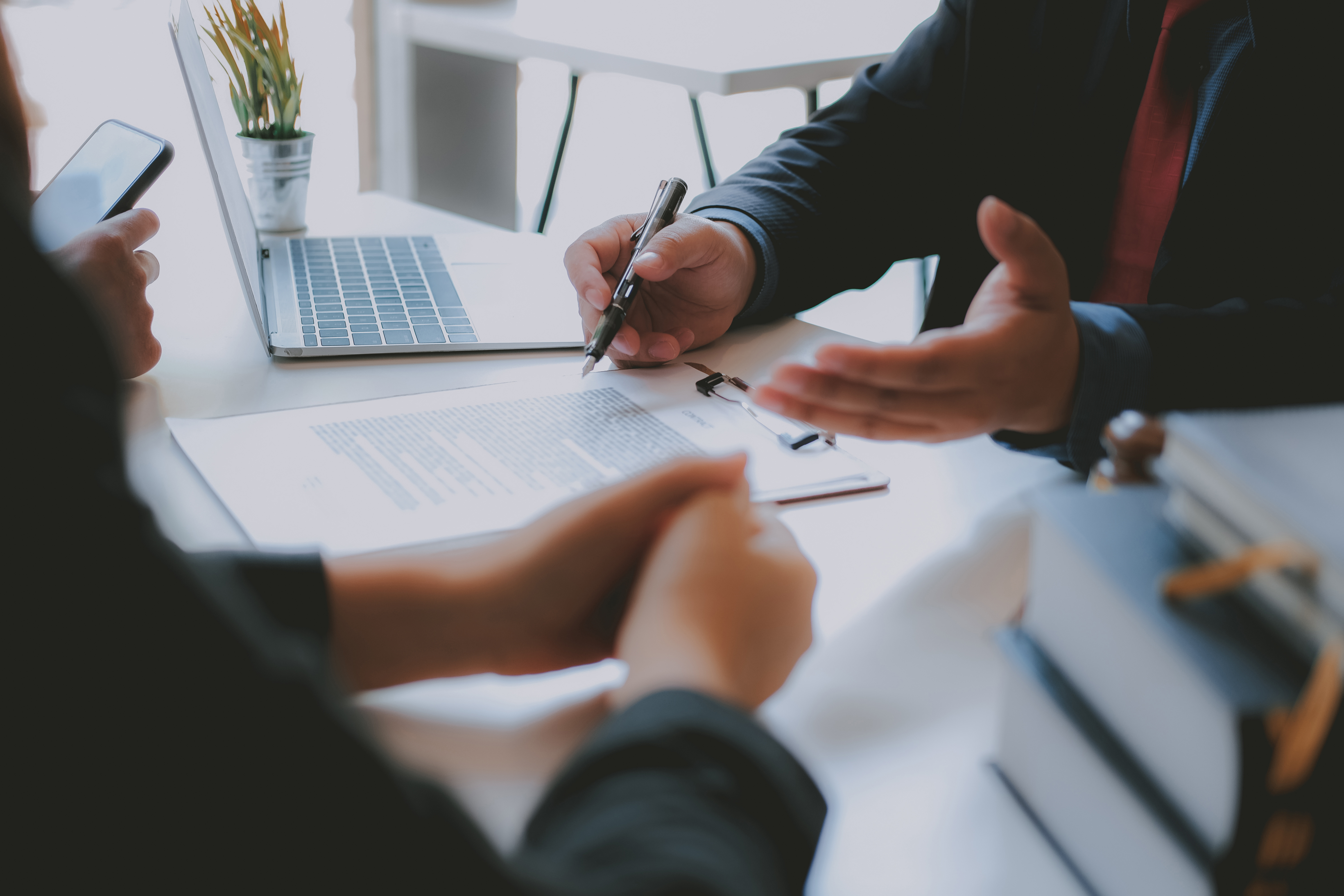Bankruptcy
Understanding how bankruptcy works and how it affects you
Bankruptcy can be difficult to navigate and decide whether it is right for you. We’ve put together a list of the most commonly asked questions about bankruptcy to help you.
1. what is bankruptcy?
Bankruptcy is the name of a legal process for those who cannot repay their outstanding debts. It does not apply to companies or partnerships.
Bankruptcy is considered as the most severe personal insolvency option as there are significant consequences that follow. This includes assets being used to pay off your debts, a series of restrictions that you must follow and your name being published in the Individual Insolvency Register.

2. How does bankruptcy work?
Though bankruptcy may be the only option for some people, it has serious consequences that must be considered before applying. In order to be declared bankrupt, the High Court must be presented with a ‘bankruptcy petition’ and then make a ‘bankruptcy order.’
Bankruptcy usually lasts for a year before your debts are written off. During this time, you cannot borrow more than £500 without letting a creditor know that you are bankrupt. You may need to sell valuable assets, such as your car or your home.
3. Who can be made bankrupt?
There are three reasons why a bankruptcy order might be made:
- You can declare bankruptcy if you owe someone more than £5,000 and cannot pay it back.
- Creditors can apply to make you bankrupt if your outstanding debts exceed £5,000.
- An insolvency practitioner can make you bankrupt if you break the terms of an individual voluntary agreement.
4. What happens when you declare bankruptcy?
If an adjudicator approves your application for bankruptcy, you will receive a copy of the bankruptcy order and might be interviewed about your situation. A bankruptcy order is presented to creditors to prove that a debtor cannot pay his or her debts.
Your assets must be handed over to the person that is managing your bankruptcy. This person can then sell your assets to pay off your debts.
There are also restrictions that you must follow, including:
- You cannot borrow more than £500 without telling the lender that you are bankrupt
- You cannot act as a director of a company without the court’s permission
- You cannot manage a business under a different name without telling clients and suppliers that you are bankrupt.
- You cannot work as an insolvency practitioner.
5. What is the difference between bankruptcy and insolvency?
Insolvency is the state of being unable to pay your debts. Bankruptcy is a type of insolvency in the form of a court order that decides how an insolvent debtor will deal with unpaid debts. This will usually involve selling assets to pay creditors. It is not the only option available and it can only apply to individuals and sole traders with unlimited liability.
6. Are there any alternatives to bankruptcy?
It is best to seek professional advice from a licensed insolvency practitioner at the earliest opportunity if you are entering a state of insolvency. Personal insolvency solutions include:
-
Debt Management Plan (DMP)
-
Administration Order (AO)
-
Debt Relief Order (DRO)
-
Individual Voluntary Arrangement (IVA)
7. Will my employment be affected?
Normal employment or self-employment is generally not affected if you declare Bankruptcy. In certain job roles, such as a solicitor, an accountant, or a member of the police will be unable to continue in that role if you are bankrupt.
8. What happens to your assets when you declare bankruptcy?
Your assets will be handed over to the person that has been appointed to manage your bankruptcy. This excludes items needed to work or household items, such as furniture. You will usually keep any money that has been put into a pension. Your bank account will be frozen and it will be up to the bank to decide whether to allow you to continue using your account.
It is up to the trustee to decide which assets are sold to pay off your debts. This can include your home or your car.
9. What are the benefits of declaring bankruptcy?
Most debts tend to be written off when you declare Bankruptcy which can provide you with a fresh start. Creditors are unable to take legal action against you to recover debts. They must also stop sending warnings to demand payment and cannot add interest and other charges.
10. What are the drawbacks of bankruptcy?
The main drawback of Bankruptcy is the seizing of your assets in order to pay off debts. This can include your home, your car and your belongings. If you work in law or finance, your job may be affected. Your Bankruptcy will be recorded on a public register and it will have a negative impact on your credit file for six years. There is also a £680 fee to apply for Bankruptcy via the government website.
Still are not sure whether bankruptcy is the right option for you?
Get in touch with one of our friendly Licensed Insolvency Practitioners? We offer a free and confidential initial consultation whereby we will provide you with advice for the best outcome on your situation.